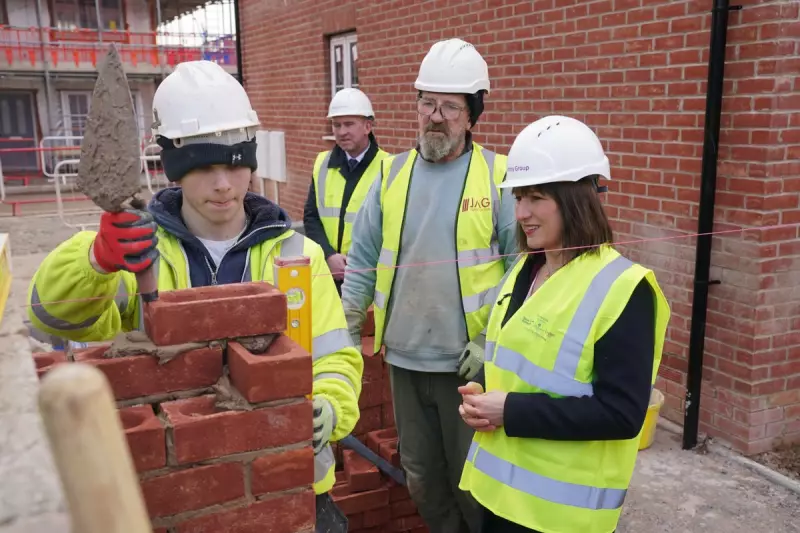
In what could become the most significant housing policy shift in a generation, the Labour Party has declared war on Britain's chronic housing shortage with a radical plan to build 1.5 million new homes over the next parliamentary term.
The Housing Crisis Breakdown
Britain's housing landscape is in turmoil. Skyrocketing prices, soaring rents, and a severe shortage of affordable homes have created a perfect storm that's locking an entire generation out of homeownership. The situation has become so dire that even middle-income professionals are struggling to find suitable accommodation.
"The dream of homeownership is fading for millions of Britons," housing experts warn, pointing to decades of undersupply and increasingly restrictive planning regulations.
Labour's Three-Pronged Attack
The opposition's strategy represents a fundamental overhaul of current housing policy:
- Brownfield First: Prioritising development on previously used land, with new "grey belt" classifications allowing more flexible use of protected areas
- Planning Revolution: Streamlining the cumbersome planning process that often delays projects for years
- Local Authority Empowerment: Giving councils greater tools and resources to drive development in their areas
The Grey Belt Gambit
One of the most controversial elements involves the proposed "grey belt" – poor-quality areas within the green belt that could be repurposed for housing while maintaining environmental protections for valuable green spaces.
"We're not talking about concreting over beautiful countryside," a Labour spokesperson clarified. "This is about smart, targeted development where it makes sense."
Political Battle Lines Drawn
The Conservative government has already pushed back, defending their own record of delivering over 2.5 million homes since 2010. However, critics argue the pace remains insufficient to meet growing demand.
With the next general election looming, housing has emerged as a key battleground issue that could sway millions of voters desperate for affordable housing solutions.
What This Means for Britain
If implemented, Labour's plan could:
- Stimulate economic growth through construction activity and related industries
- Create thousands of skilled jobs in the building trades
- Potentially ease pressure on rental markets and make homeownership more accessible
- Transform underutilised urban spaces into thriving communities
The success of this ambitious plan will depend on navigating complex planning regulations, addressing local opposition, and ensuring infrastructure keeps pace with new development. One thing is certain: the housing debate has just become the centrepiece of Britain's political conversation.





